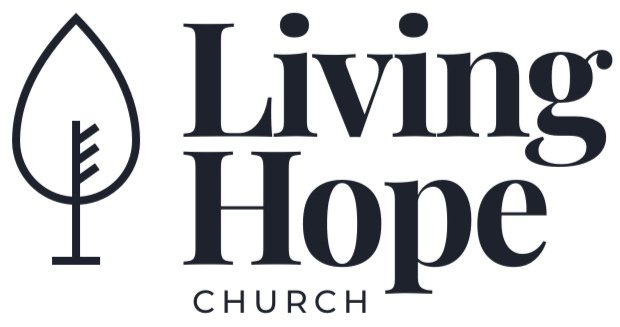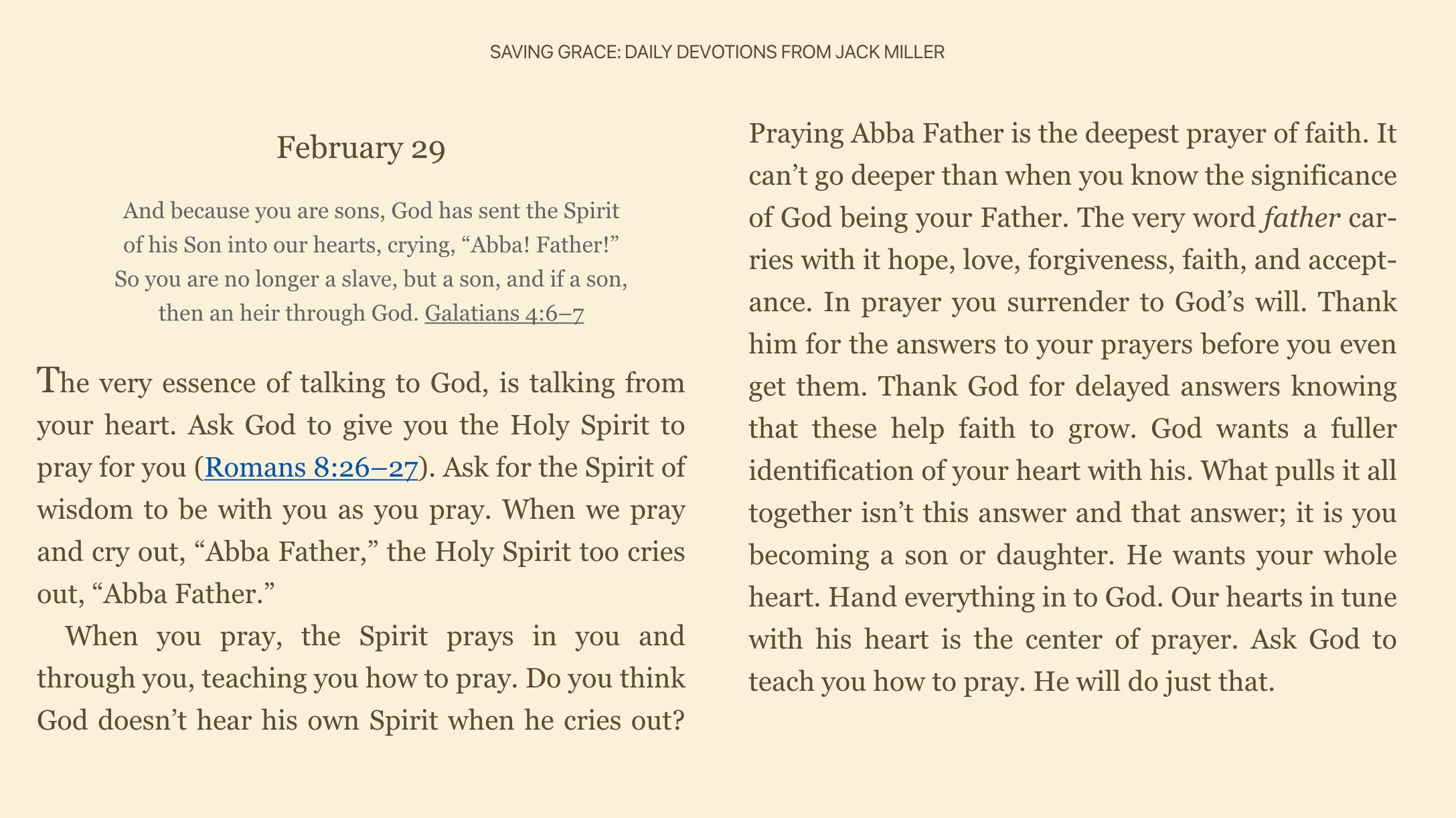22 The Lord spoke to Moses, saying, 23 “Speak to Aaron and his sons, saying, Thus you shall bless the people of Israel: you shall say to them,
24 The Lord bless you and keep you;
25 the Lord make his face to shine upon you and be gracious to you;
26 the Lord lift up his countenance upon you and give you peace.
27 “So shall they put my name upon the people of Israel, and I will bless them.” (ESV)
To state the obvious, this is a very God-centered section of Scripture. It is the Lord who blesses. From God’s great bounty his people receive. In God’s great strength his people are kept (cf. Psalm 121). God will guard and protect his people. Consider the prayer the Lord taught us - and let us not into temptation but deliver us from. evil (Matthew 6:13; cf. John 17:15). This is a prayer to be kept, to be protected by the Lord.
Further we have the blessing of the shining face of the Lord. This is an idiom that asks for God to look upon his people with great favor (cf. Psalm 31:16; 80:3,7, 19; 119:135). If we do not have the favorable disposition of God upon us, we have little hope.
John Calvin wrote: “…nothing is more desirable for the consummation of our happiness, than that we should behold the serene countenance of God;…that the people may perceive and taste the sweetness of God’s goodness, which may cheer them like the brightness of the sun when it illumines the world in serene weather.”
Then finally we have the Lord lifting up his countenance and giving us his peace. Here is God’s favor and acceptance and the goodness that flows from that. Ultimately our peace is found in God, and we have it through Christ Jesus who has brought us peace (Isaiah 53:5; Luke 2:14; John 14:27).
Let the truth of this great blessing fill your hearts this morning.




